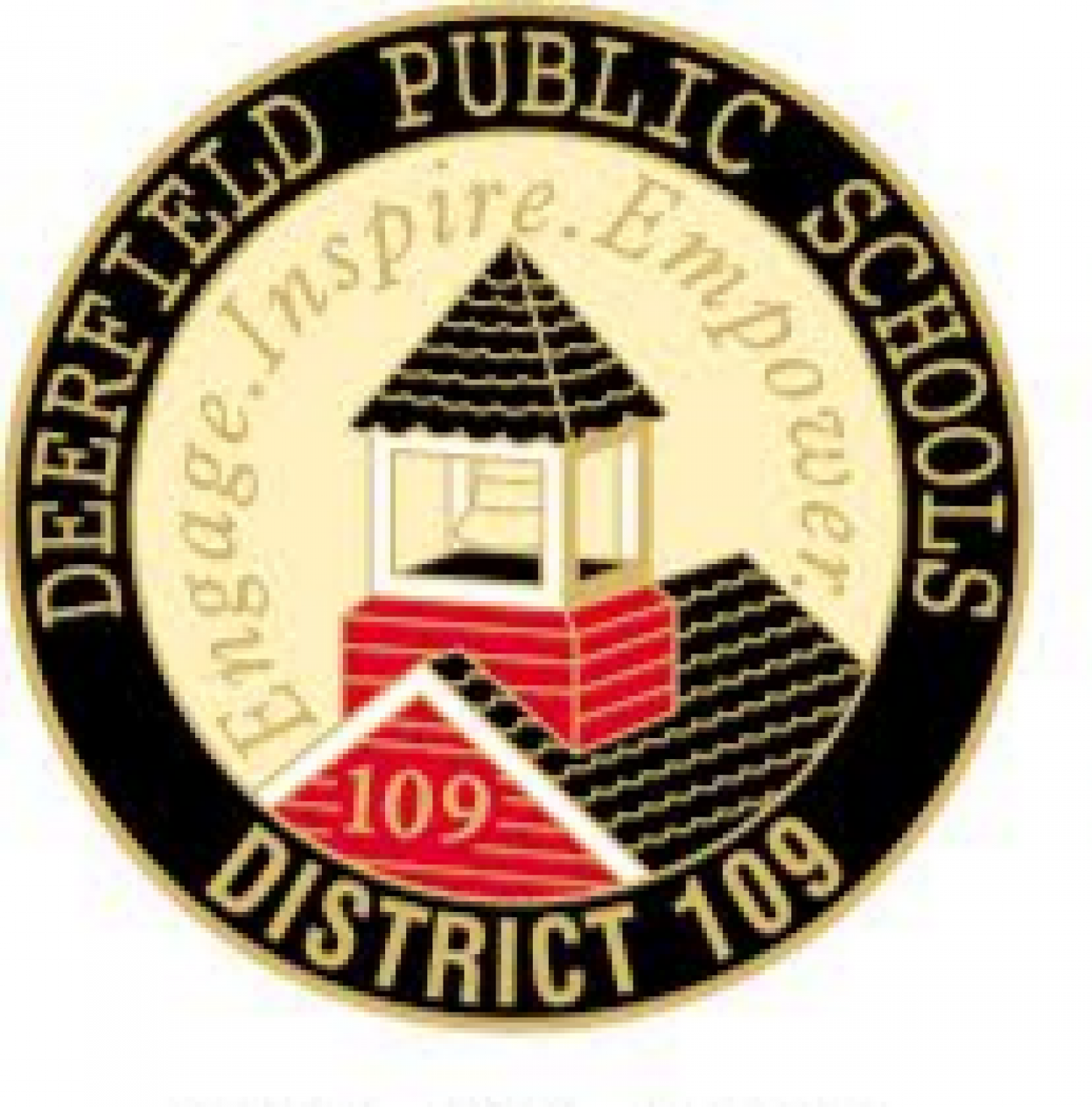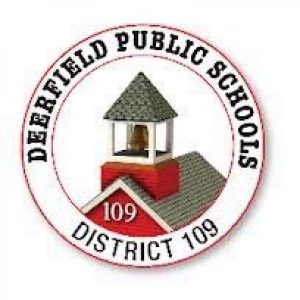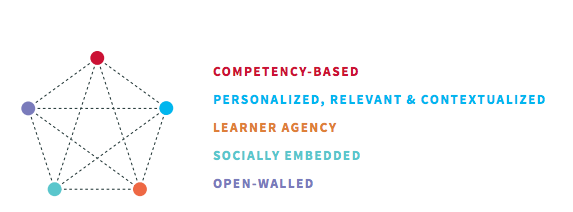“I am grateful for what I am and have. My thanksgiving is perpetual.”
– Henry David Thoreau
Happy Thanksgiving!
In our school district we have so much to be thankful for. As we approach the end of calendar year 2017, it’s nice to reflect upon how we are meeting the needs for ALL children in the Deerfield Public Schools District 109. As we reflect upon the transformational changes in our district over the past five years, including but not limited to:
Full day kindergarten, Transformative technology/1:1 environments, Instructional coaching structural changes, Communication Media Arts and Science Technology Engineering (the arts) and Engineering (STEAM), Construction (science labs, SMART labs, libraries of the future, engaging classroom furniture, National Blue Ribbon awards, award winning administrators, strategic plan, and more!)
we say THANK YOU to the Board of Education, Teachers, Support Staff, Students, Parents, and all engaged in the District 109 journey!
Sharing a note of thanks I sent to the DPS109 community earlier this week:
Dear District 109 Parents, Grandparents, Staff and Community Members,
In our District and the communities we serve, we have an abundance for which to be thankful. Thank you all for your support, communication, respect, and partnership in the education of our students. The success of our schools is directly related to our many connections and positive relationships.
At last week’s Board of Education meeting, the administration presented an overview of our award-winning student performance as shown on the official Illinois Report Card. The report card provides a variety of information about the District, and each individual school, including demographic information, finances, average class size, and the academic progress of our students.
You can view the 2017 report cards:
- District 109
- Caruso Middle School
- Shepard Middle School
- Kipling Elementary School
- South Park Elementary School
- Walden Elementary School
- Wilmot Elementary School
The information on academic progress is primarily based on the results of the PARCC test for our students in grades 3-8, specifically in the areas of mathematics and English language arts. But please know that the PARCC results are just one data point; we rely on multiple methods of review and assessment including MAP assessments, the BrightBytes survey, student engagement, and organizational culture. Each child is far more than a test score!
Some report card highlights in our District include:
Closing Achievement Gaps: Over the past three years, our focus on helping all students succeed has led to a drastic drop in achievement gaps.

Exemplary Performance: All six District 109 schools are in the top 80 schools in the state (of almost 4,000 schools ranked), and Walden ranks 13th. These rankings include magnet schools that admit only high-achieving students. You can view a summary of the results, which Dr. Anthony McConnell, Assistant Superintendent for Teaching, Learning & Innovation, presented.
5Essentials Survey
You’ll notice one set of measures missing from our reports on the Illinois Report Card under school environment the 5Essentials results. We are required to distribute the 5Essentials survey to parents, staff and students (grades 3-8) every two years. Last year, we did not meet the response threshold to have results included on our report cards. We believe that this is an important measure, and we will again ask our community take this survey.Here is an in-depth description of the survey from the University of Chicago/5Essentials website:
5Essentials is an evidence-based system designed to drive improvement in schools nationwide—it reliably measures changes in a school organization through the 5Essentials Survey and provides individualized, actionable Reports for each school. The 5Essentials system is based on more than 20 years of research by the University of Chicago Consortium on School Research on five components found to be critical for school success:
- Effective Leaders
- Collaborative Teachers
- Involved Families
- Supportive Environment
- Ambitious Instruction
Parents and staff: please look for the link to the 5Essentials survey in the coming weeks, and take a few minutes to share your perspective. (We don’t yet have a date for the release of the survey, but expect that we’ll send it to our community sometime in January.) Students in grades 3-8 also will receive an email with a link to a student survey to their school email address. Parents of students in grades 3-8: Per Board Policy 7:15, if you do not wish your child to participate in the 5Essentials survey, please email Cathy Kedjidjian (ckedjidjian@dps109.org) by end of day on Monday, December 4, with your child’s name, school and grade.
Transportation Fee Review: Your Input
Finally, we are asking the Board of Education to review the District’s fee philosophy in general, and transportation fees in particular. Please take a few minutes to complete this brief survey about transportation fees; the Board of Education will carefully review and discuss the results at an upcoming meeting.
Happy Thanksgiving, and thank you for allowing us to engage, inspire and empower our students, our community, and each other!
Sincerely,
Mike
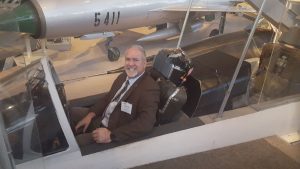 ery classroom everywhere, student voices should be filling the halls, rooms, gymnasiums, cafeterias, playgrounds, buses, everywhere with “WOW” language.
ery classroom everywhere, student voices should be filling the halls, rooms, gymnasiums, cafeterias, playgrounds, buses, everywhere with “WOW” language. students do NOT get “do overs” – we owe them WOW moments.
students do NOT get “do overs” – we owe them WOW moments. led the American Association of School Administrator (AASA) Digital Consortium Fall Conference in Seattle, WA with my good friend
led the American Association of School Administrator (AASA) Digital Consortium Fall Conference in Seattle, WA with my good friend 
 e
e 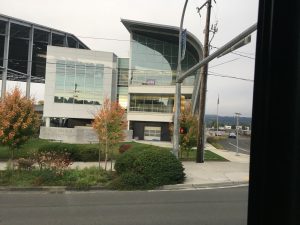 on at the Museum of Flight, and during our visits to the innovative schools in Highline, we were wowed and we saw wowed lessons and experiences. These experiences included students explaining to us what competency based learning means (i.e. take a year of Spanish in a few months for credit and advancement at the high school); what individualized pacing with artificial intelligence looks like (i.e. with advanced curricular resources); in addition, we learned about how the principals and teachers were building cultures of excellence and managing change. On behalf of Students, Staff, and community!
on at the Museum of Flight, and during our visits to the innovative schools in Highline, we were wowed and we saw wowed lessons and experiences. These experiences included students explaining to us what competency based learning means (i.e. take a year of Spanish in a few months for credit and advancement at the high school); what individualized pacing with artificial intelligence looks like (i.e. with advanced curricular resources); in addition, we learned about how the principals and teachers were building cultures of excellence and managing change. On behalf of Students, Staff, and community! Our challenge, and as Nick and I write about in the
Our challenge, and as Nick and I write about in the  courage. As always, I welcome comments!
courage. As always, I welcome comments!